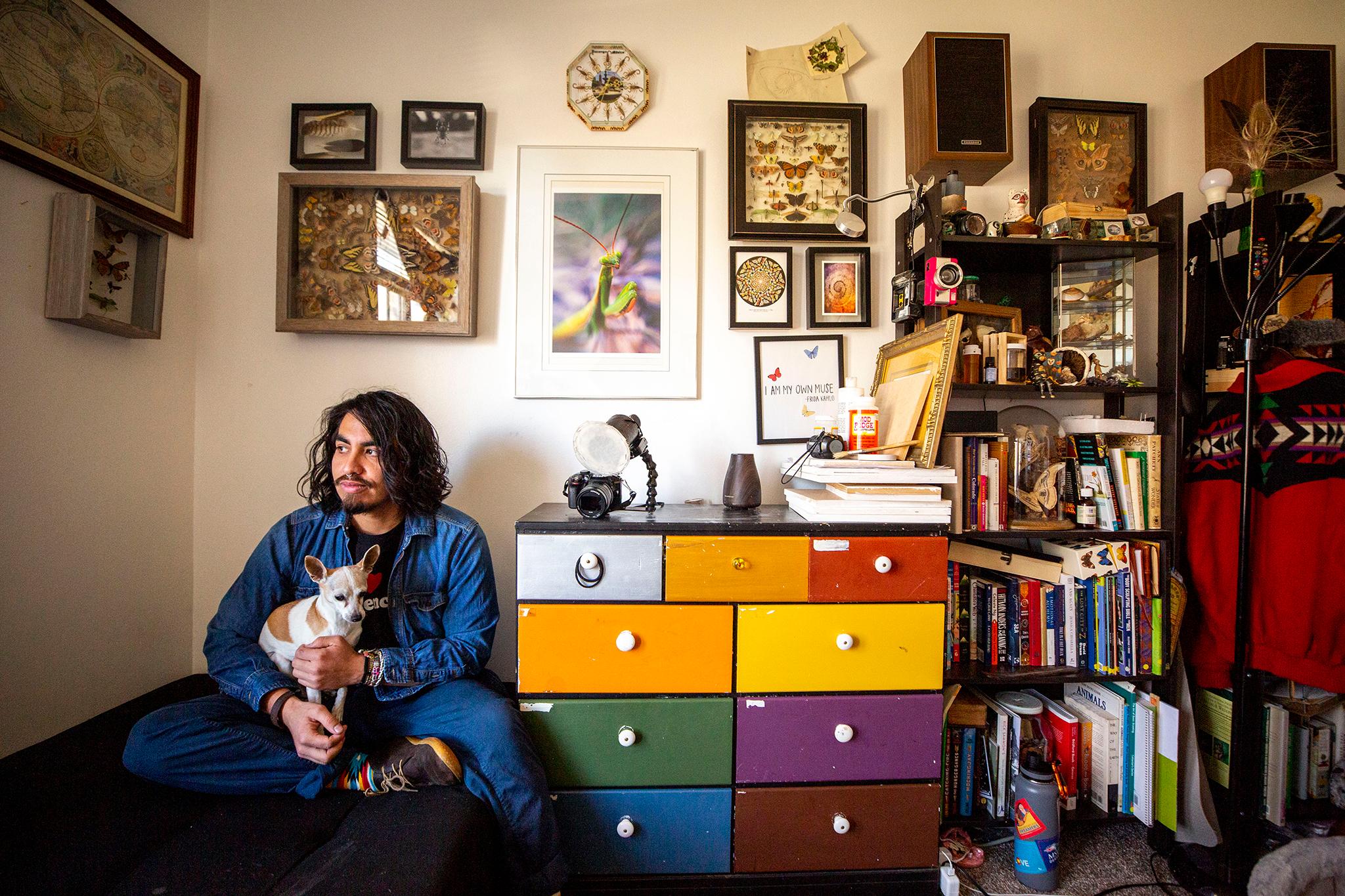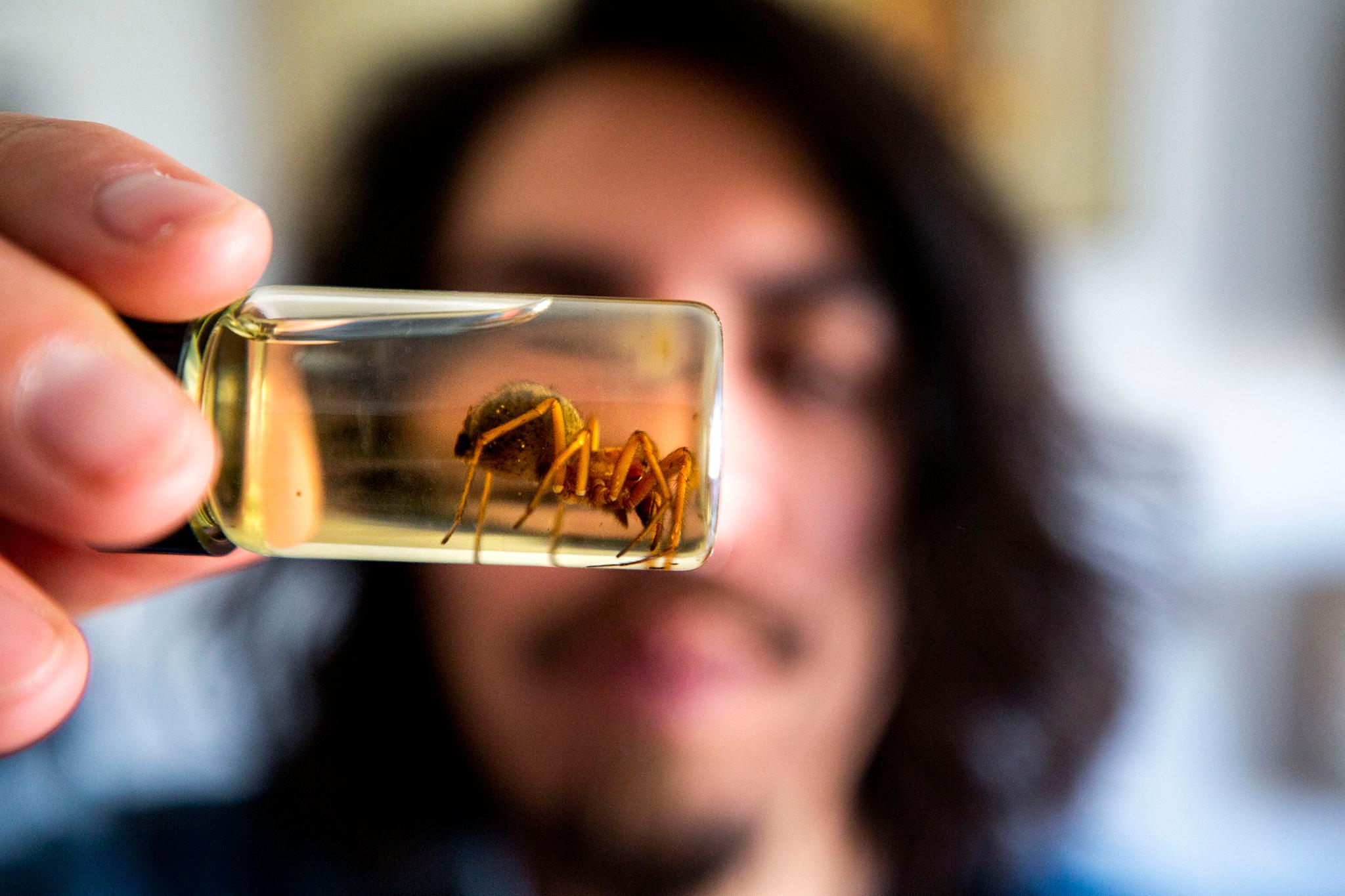Efrain Leal Escalera is kind of obsessed with bugs. He's dreamed of becoming a scientist for years, studying the tiny creatures that often go ignored underfoot. His passion for nature and some if its littlest inhabitants led him to photography.
He began with the only tools he had available: a camera phone and a clip-on macro lens. He used that to photograph his first specimens, a jumping spider and a praying mantis. Then when he had the chance, he bought an affordable camera setup with a real super-close-up lens. These days, when the insects are out to hunt and play, Escalera can be found intently searching for them in the grass at local parks or the dirt in front of his Aurora home. There's a teeming universe of life around us, if you know how to look for it.
But Escalera worries his scientific dreams may never come true. He was brought to the U.S. from Mexico as a small child. He was undocumented for most of his life, then gained limited status under President Obama's Deferred Action for Childhood Arrivals program, known as DACA. Like the half-million people like him in this country, Escalera is allowed to work and attend college. But reaching the research world's highest echelons is currently not a possibility. Many science grants come from the National Science Foundation, which bars funding to people who are not citizens.
Instead of pursuing a mainstream path toward studying bugs, he's inserted himself in the field in other ways. He's taken volunteer positions at the Denver Botanic Gardens and Museum of Nature and Science, which both employ a roster of working scientists. Escalera currently assists arachnid expert Paula Cushing at the DMNS, collecting spiders for her massive archive and helping identify them.
His artistic interest gives him a limitless way to interact with the organisms he loves. It's also provided solace in tough times.
Some of his work is currently on display at the Downtown Aurora Visual Arts center.
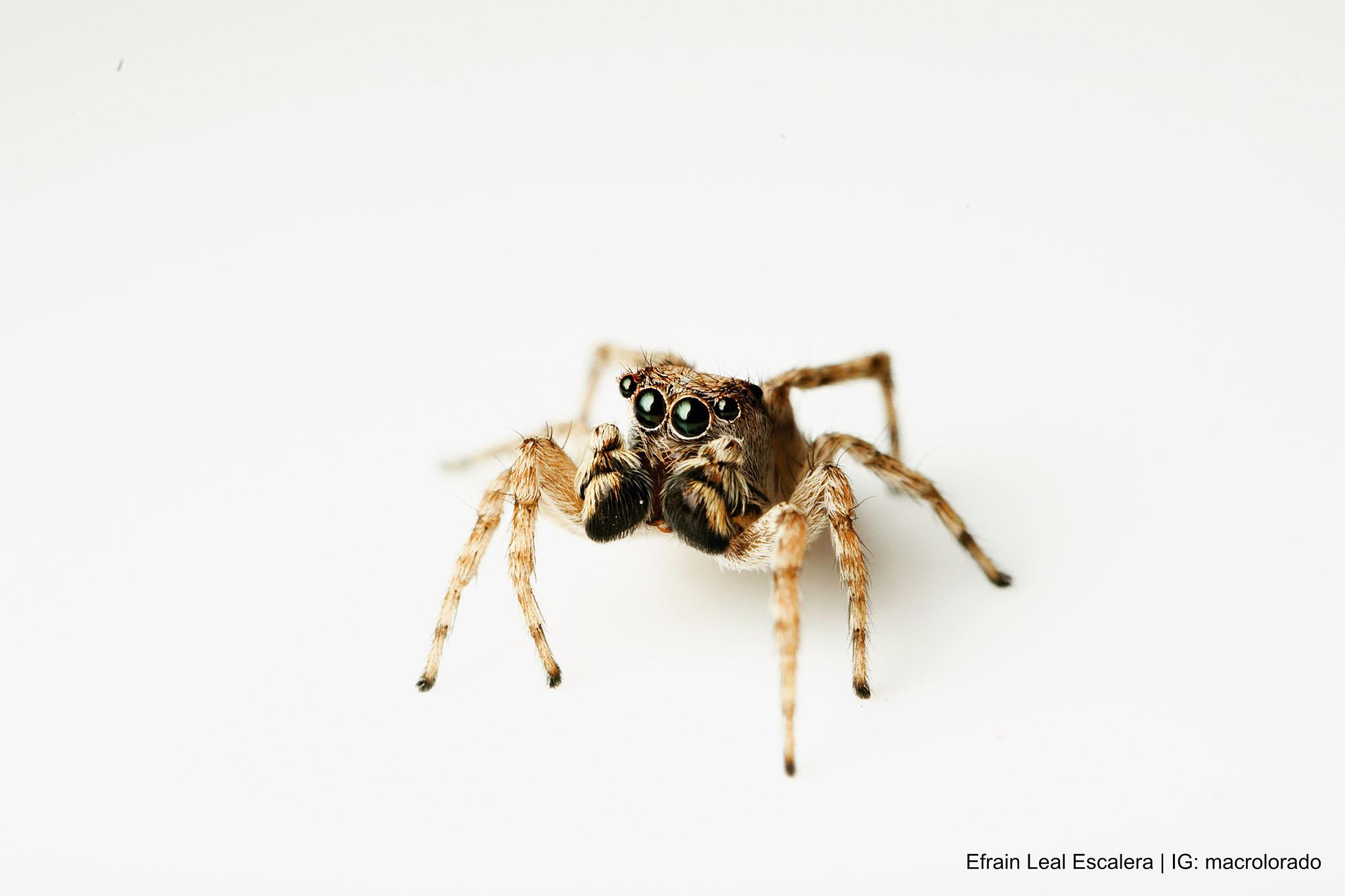
This interview has been edited for clarity.
Denverite: Take me back. How did this all start?
Escalera: I always remember this one memory of a female wolf spider. They carry their babies on their backs. Obviously, the reaction of people is "kill it." So my parents tried to kill it. When they tried to do that, the babies were all over the wall, all over the floor. Hundreds of them. It was a big wolf spider. ... That's the specific memory that led me into always looking around under rocks, jumping in trees, in plants and collecting things and studying them. Just being curious about about these beings that we share our lives with.
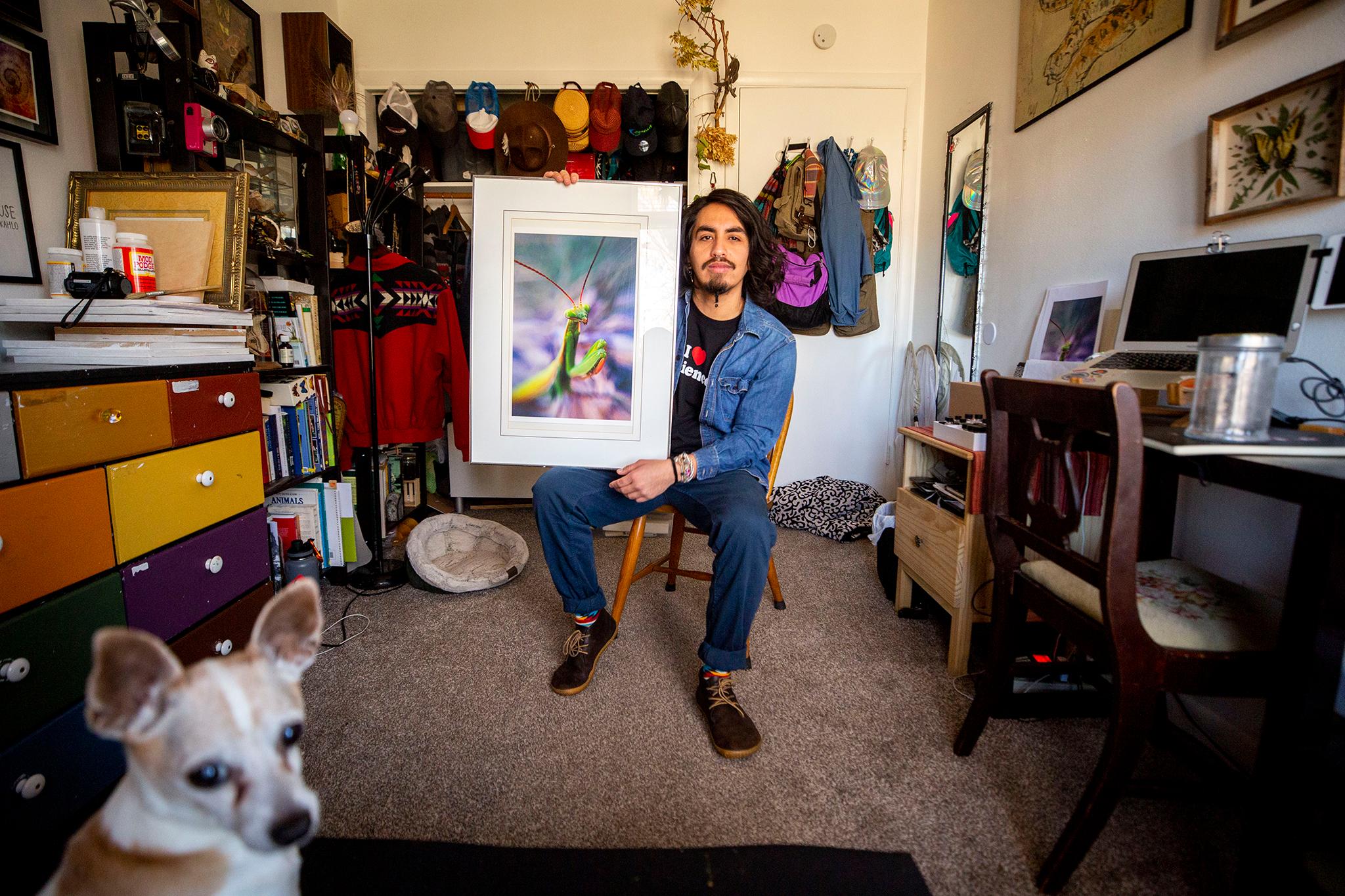
What is it about insects and plants, little things, that attracts you?
I think I took refuge with them. I took a special connection with them. Because they're smaller and people don't appreciate them. People overlook them, people squish them, people kill them. People don't appreciate what they do, you know, for the whole picture. Without insects, spiders, invertebrates, arthropods, we'd be nothing. ... They're so small and tiny and so varied. Their diversity is insane, just like with us, with people. Their lifestyles and their way of being and their body shapes, their colors, their way of living.
And how they're part of the whole thing. Especially with my perspective as always wanting to be part of something bigger, always wanting to be working at a museum or traveling to God knows where, you know, in the middle of the Amazon and being able to scale trees and collect vials of spiders and analyze them under a microscope. Wanting to always be a part of that.
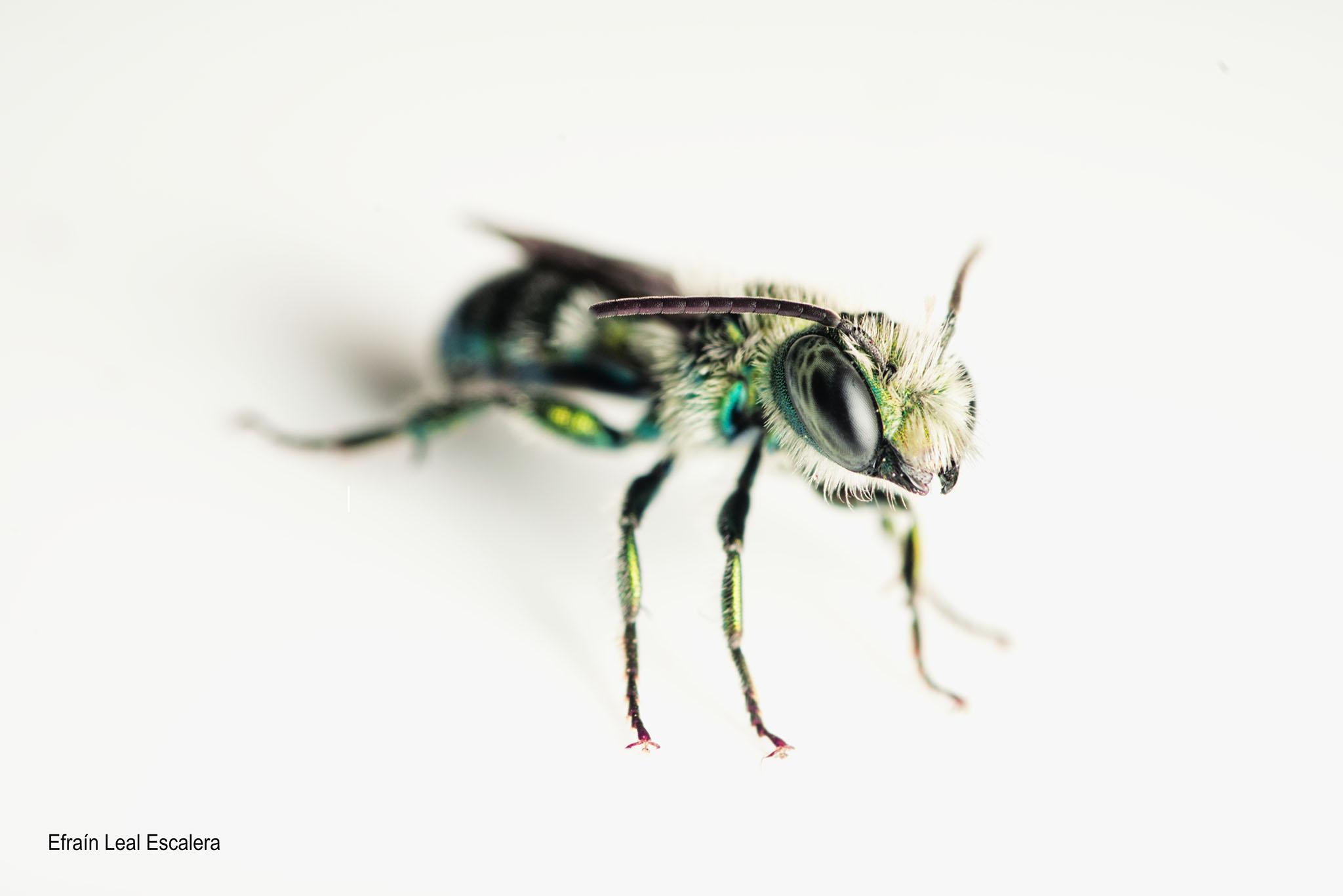
Did you come into photography because research opportunities from the science perspective were limited? Or were you always interested in the art side?
A little bit of both. I've always had that artistic side. I used to draw when I was younger. ... But I've always also been interested in science and nature and bugs and plants. But yes, the science did take more control over my interests, and through science I ventured into art and I realized that art and science are just extensions of each other.
Science for me is not super-accessible because a lot of it is funded by the National Science Foundation. So I had to look around for how to be involved in it.
My lack of access to things are, you know, it frustrated me for so long. But the key was there all along. It's that lack of access that is pushing me to keep doing this. I know there's other people in my community that are probably frustrated that they don't have access to things, all those things that come with being an immigrant or undocumented or a person of color, the whole shebang. And I was like: well, I want to do something. I want to use my voice and what I've done. I want to elevate that. Because for my parents, they didn't have access to any of that. My dad's highest education is sixth grade. My mom, she didn't even finish fifth grade. So even the smallest achievement of anything that I do is so much for my parents. I want to make them proud.
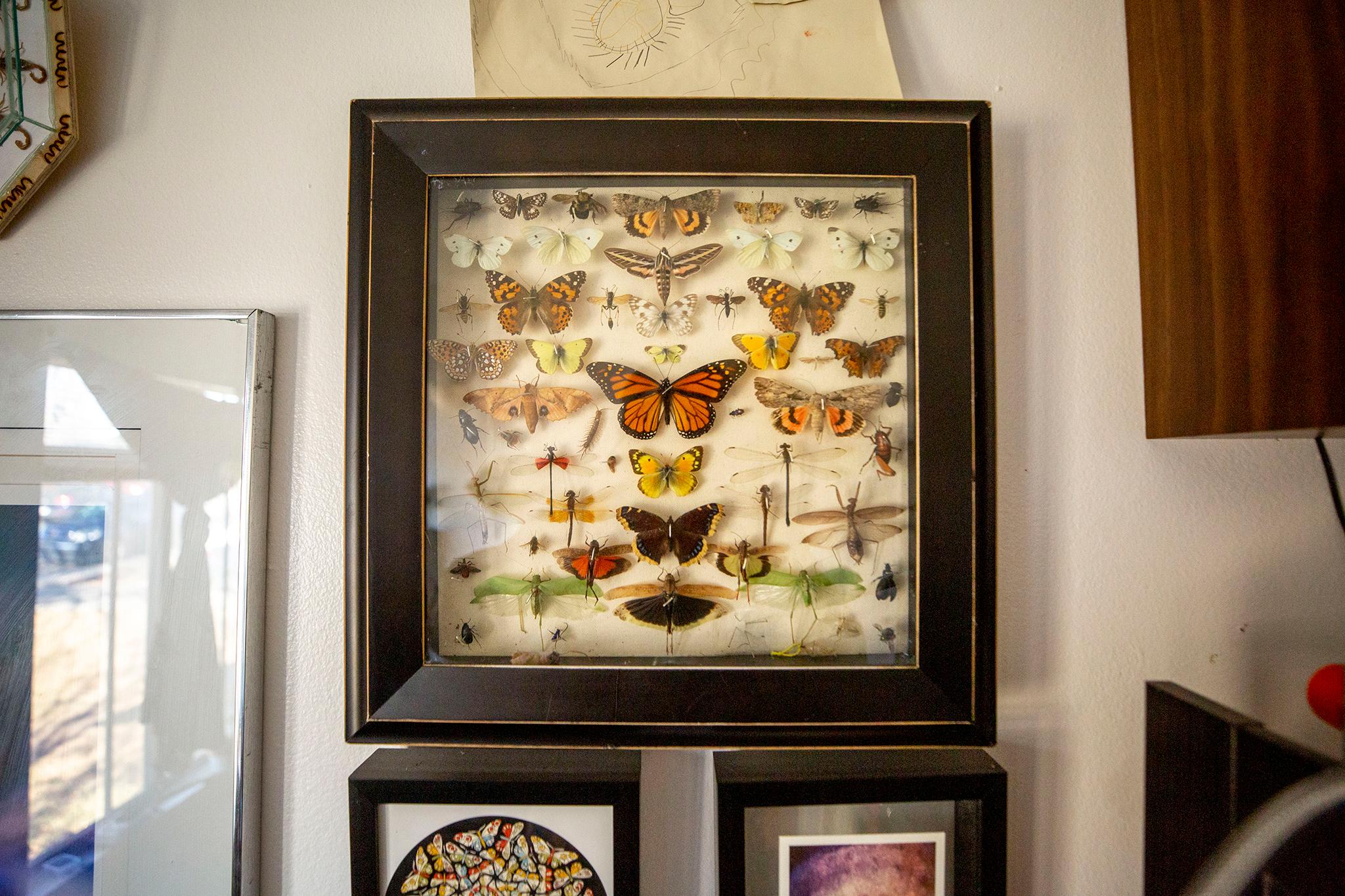
When we spoke before, you mentioned that you didn't want to be identified by your citizenship status and that you maybe even didn't want to talk about. I'm curious if you still feel that way. I mean, it sounds like what you're saying is that experience really shaped the way that you approach all of this?
Yeah. That came super-recently. I was like: OK, maybe I should look at it in a different angle. This was back in October that I changed that perspective.
I was like, yeah, I'm a DACA recipient, but I'm also a scientist. I'm a biologist. I'm an artist. I'm a photographer. I'm a writer. ... Before, when I spoke with you, I saw DACA and all that as a disadvantage.
But you know, this pandemic and Black Lives Matter allowed me to tie my passion for nature and my passion for science with my experiences as an undocumented person. I was able to merge them and marry them. And now I want to share with others.
DACA is a part of who you are. It doesn't define me, but it's definitely contributed to my experiences in this country. And I should share them. And I should elevate those experiences and gain energy from that. Gain a source of power through it, even though at one point I was really shy about it.
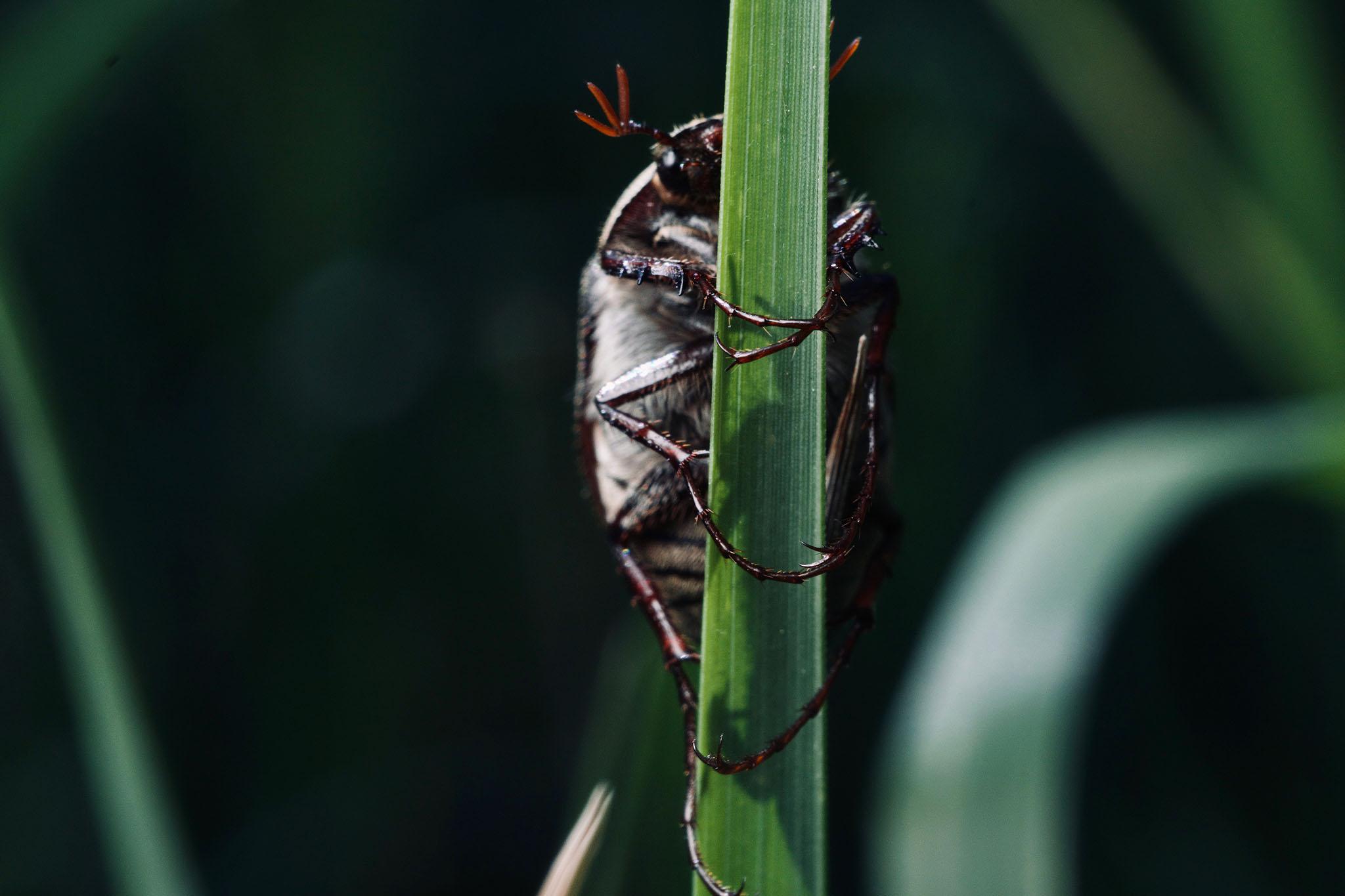
You think this whole range of experiences has played into the way that you're motivated to approach this work?
Yes, definitely. Definitely.
Even my identity as a scientist and a conservationist has been influenced by my experiences as being undocumented, as a person of color, a minority.
I've been trying to do something with the little that I have, the tools that I have, and merge them together and then marry them and elevate the experience of nature.
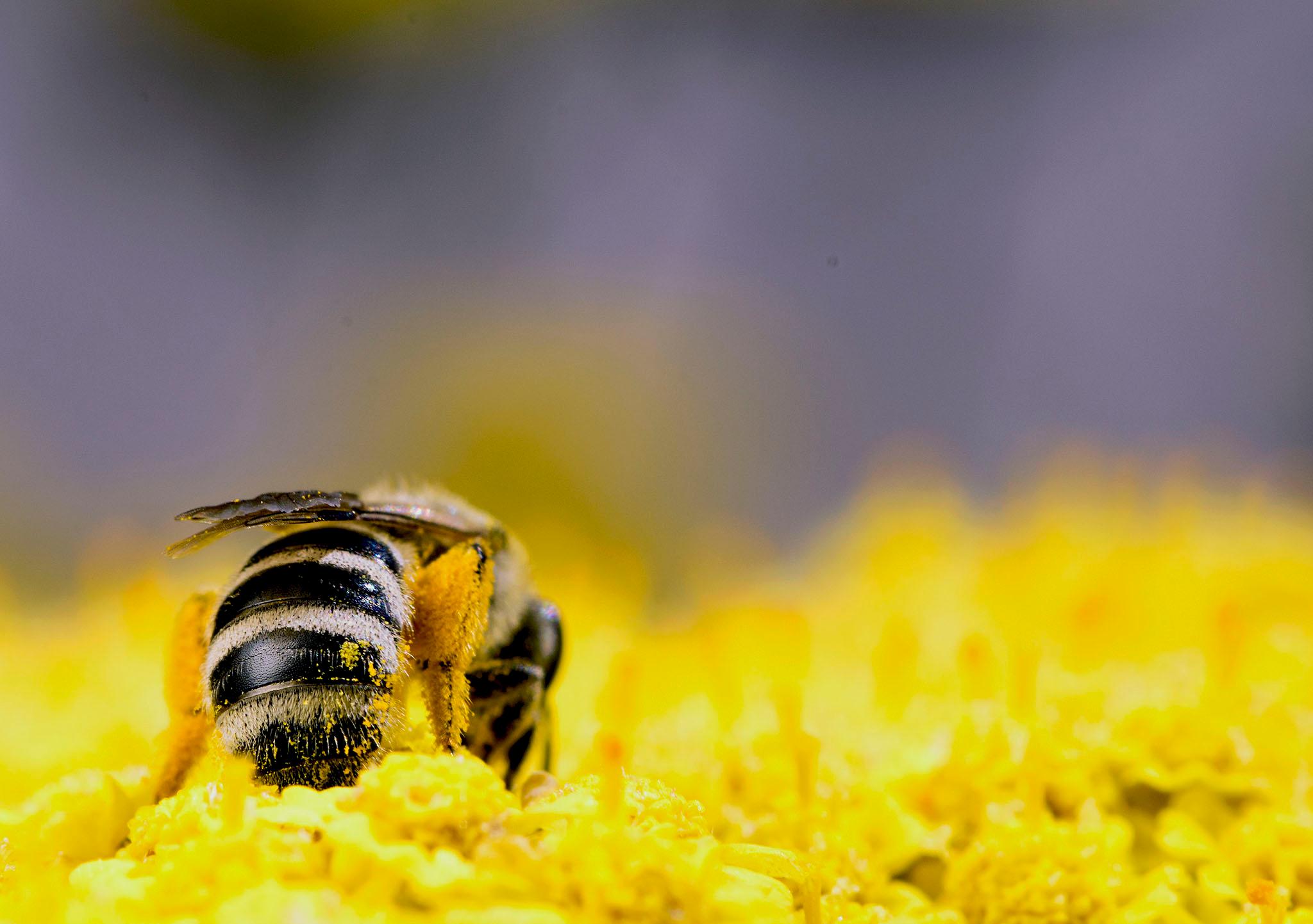
So let's talk about how you do view yourself, then. You mentioned scientist, artist, conservationist. Do any of those take precedent for you?
I don't want to close my mentality into one specific box.
I want to use everything, because it's been hard and limiting, growing up undocumented. So I want to use every single outlet that I can to grow. And I don't want to be like, I'm more of a scientist than an artist. Or I'm more of a conservationist than a photographer. No. I'm all of that. That's who I am. It's this mold that life has made me.
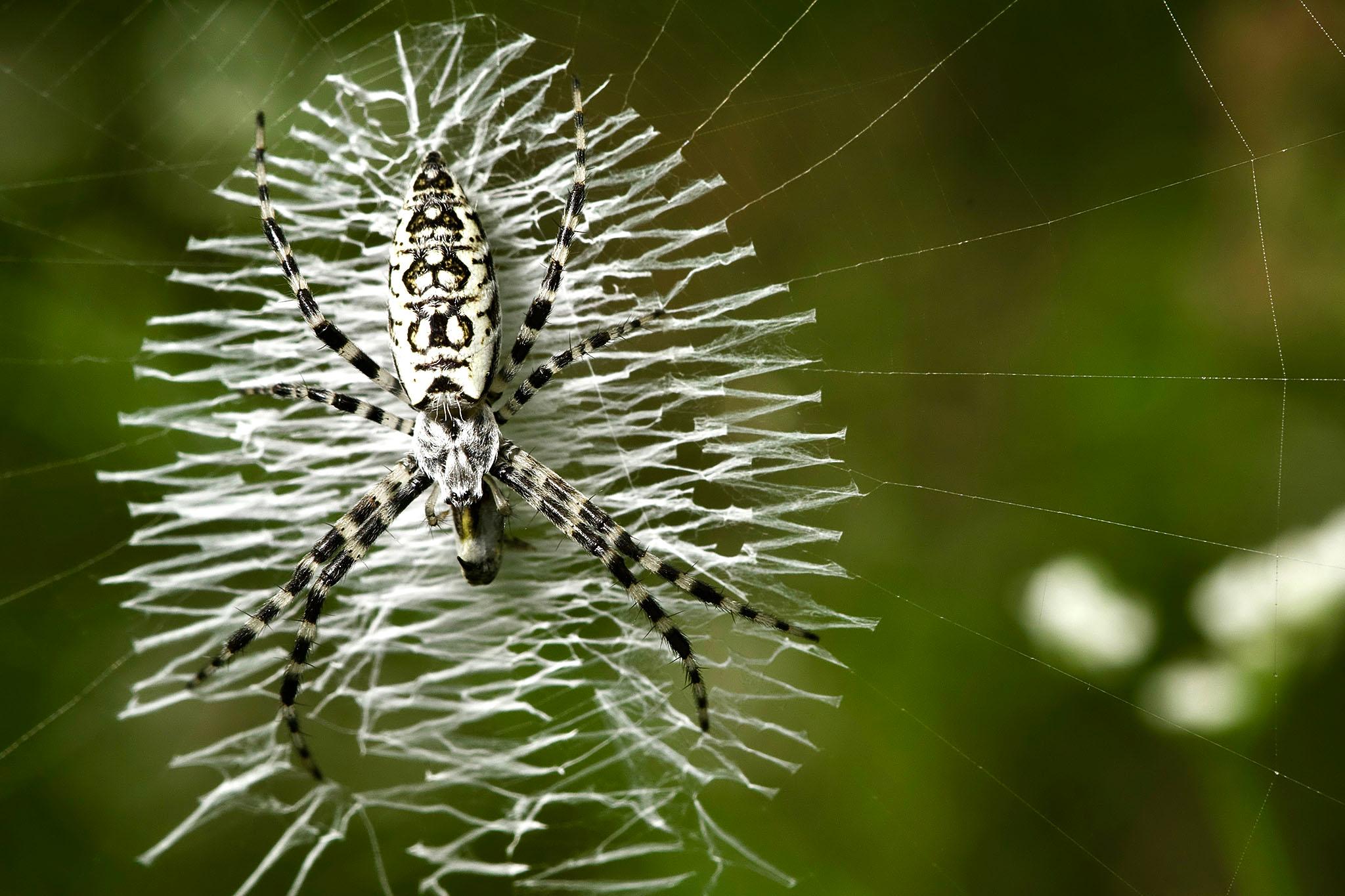
Has taking volunteer opportunities and jobs at places like the Museum of Nature and Science the way that you have learned all this stuff?
No. When I started volunteering, it was later in my later twenties. I was 24, 25 when I started going to the museum. Before that, it was just learning independently. Searching for resources and reading.
I was able to purchase a camera, a macro lens, learn photography, angles, lighting on my own. I started through a phone and analyzing the critters that I'm photographing and seeing what better light, what better angle I can shoot. How to best show their features, how to best show what adaptations evolution has given them.
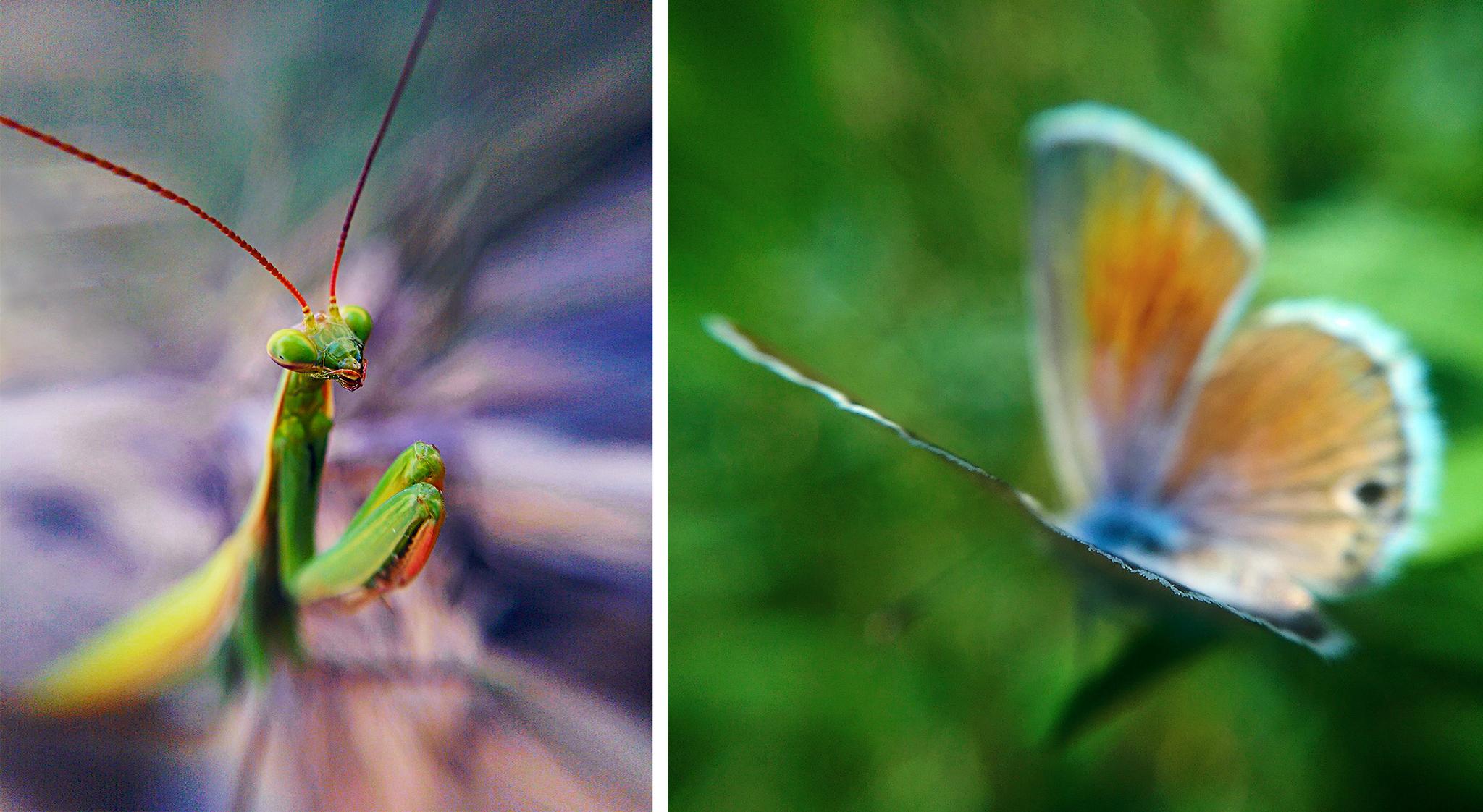
For example, this one [the praying mantis above] you can clearly see its raptorial forelegs and its big eyes and its big antenna. It leads you into it. And using composition, the rule of thirds, learning all of that independently. I learned it all by myself.
But I want more. But I can't do it. I'm having to find ways of how to creep in and leave my mark. My name is in the [Denver Museum of Nature and Science] database for these organisms. That is just a huge achievement for me. Having my name, that I collected specimens and that I'm contributing to science in some way. It's a huge, huge achievement for me, coming from learning everything on my own.
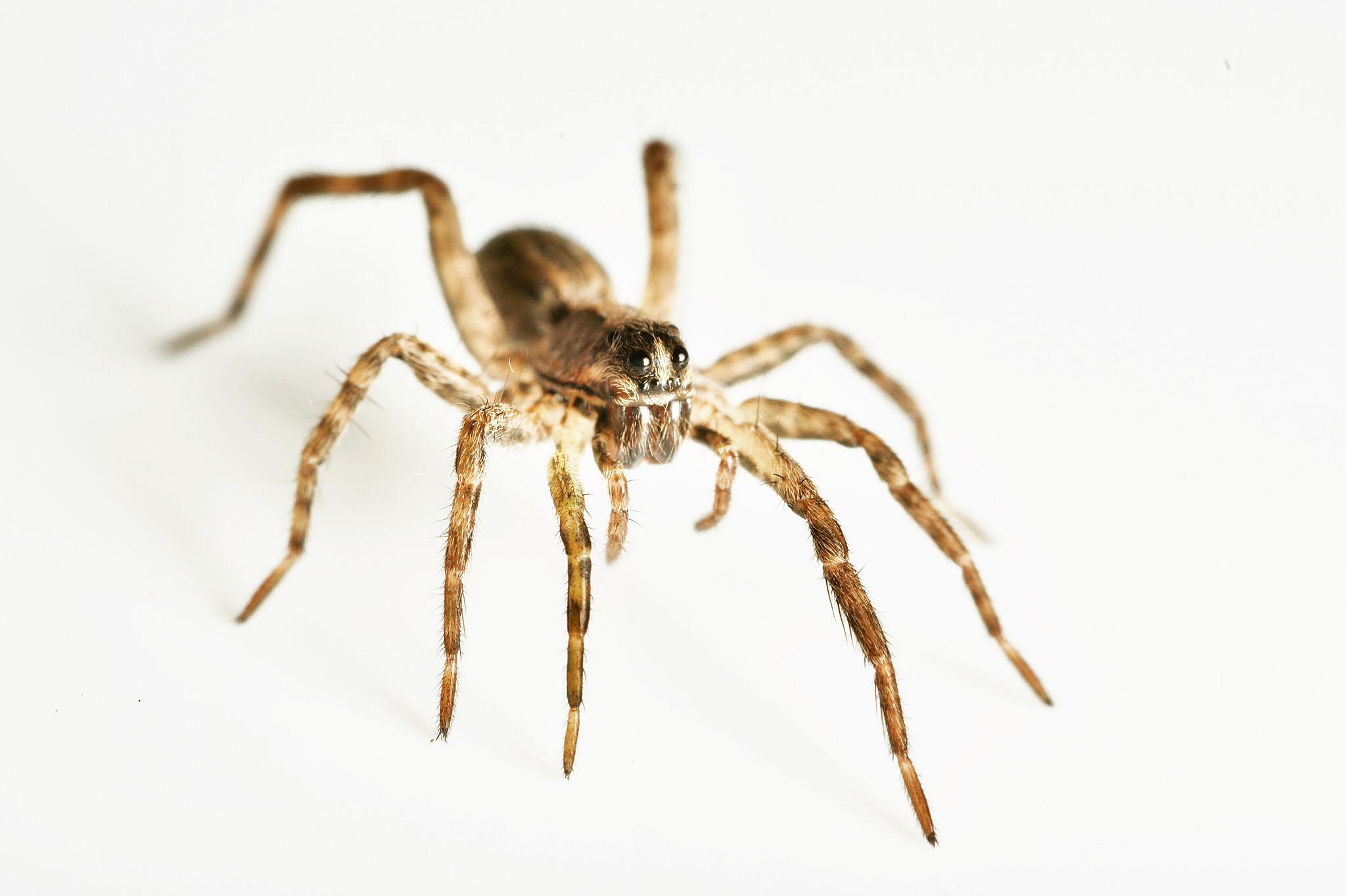
No one rolled out the red carpet. You had to figure it out?
I had to figure it out. I had to hella figure it out.
Sounds like you've kind of found your people, in a way, too?
Yes, definitely. Definitely. That's another one of those things that I'm working on, building my community and my chosen family.
Where do you want this to go?
I want to soar. I want to fly. I want to go see the world. My thirties are going to be the time for that. My twenties were super-unstable and there was a lot happening. But in the next 10 years, I want to keep using my experiences and my photography and my bugs and my spiders. Use them as a source of fuel to get out into the world and their perspectives, also share the perspectives of the people that they live with in different parts of the world.
So not just studying one species in a very deep way, but looking at the interplay between environments and people and organisms?
Yes. For a while, I thought that's what I wanted to do, that I wanted to be a researcher and that I wanted to be a taxonomist and study the organisms and identify them. But I'm taking that perspective and putting it in a different light. I still want to be a researcher and all that, but being a researcher in a different way. Incorporating how we interact with nature and organisms and life and how that affects our lives and how it shapes our lives.
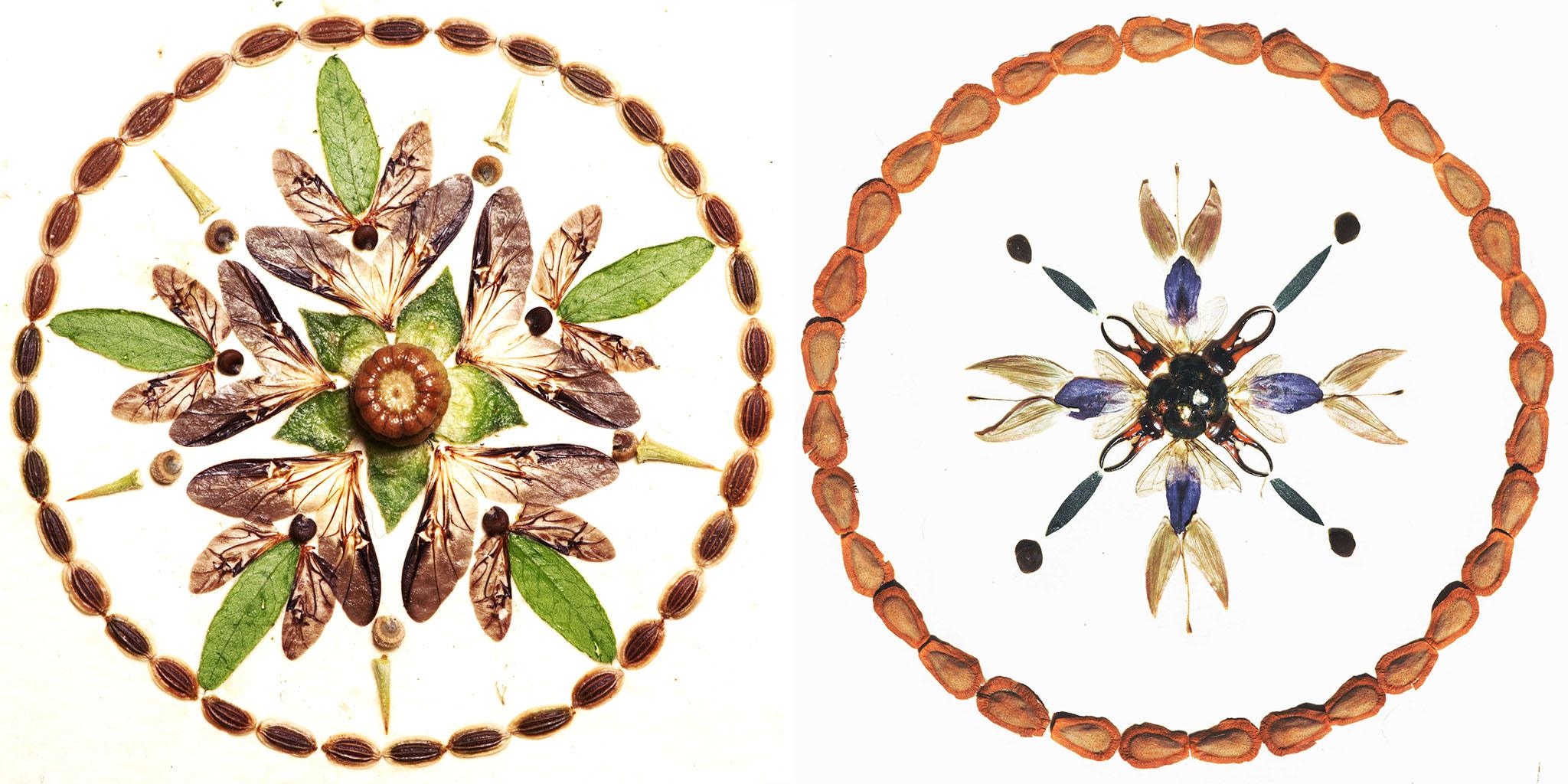
I get your urge to want to dive into the world. I mean, obviously 2020 is a difficult year, but outside of the pandemic, will you be holding your breath for some sort of immigration reform that will allow you to do what you want to do without jumping through insane or impossible hoops?
It'd be ideal to have something, a reform or have "my papers," as they say. For a while, I didn't view my home here in the United States because it's been so unstable and so up in the air. ... But now, my perspective has changed on so many things. These last couple of months, I view my home here in Denver, in Aurora. It's the place that saw me grow, where I've been flourishing. ... This is my home, and I do want to have some sort of reform or stability or get my papers fixed.
I do think that the new [presidential] administration is doing good into who they're putting as leaders in different offices.
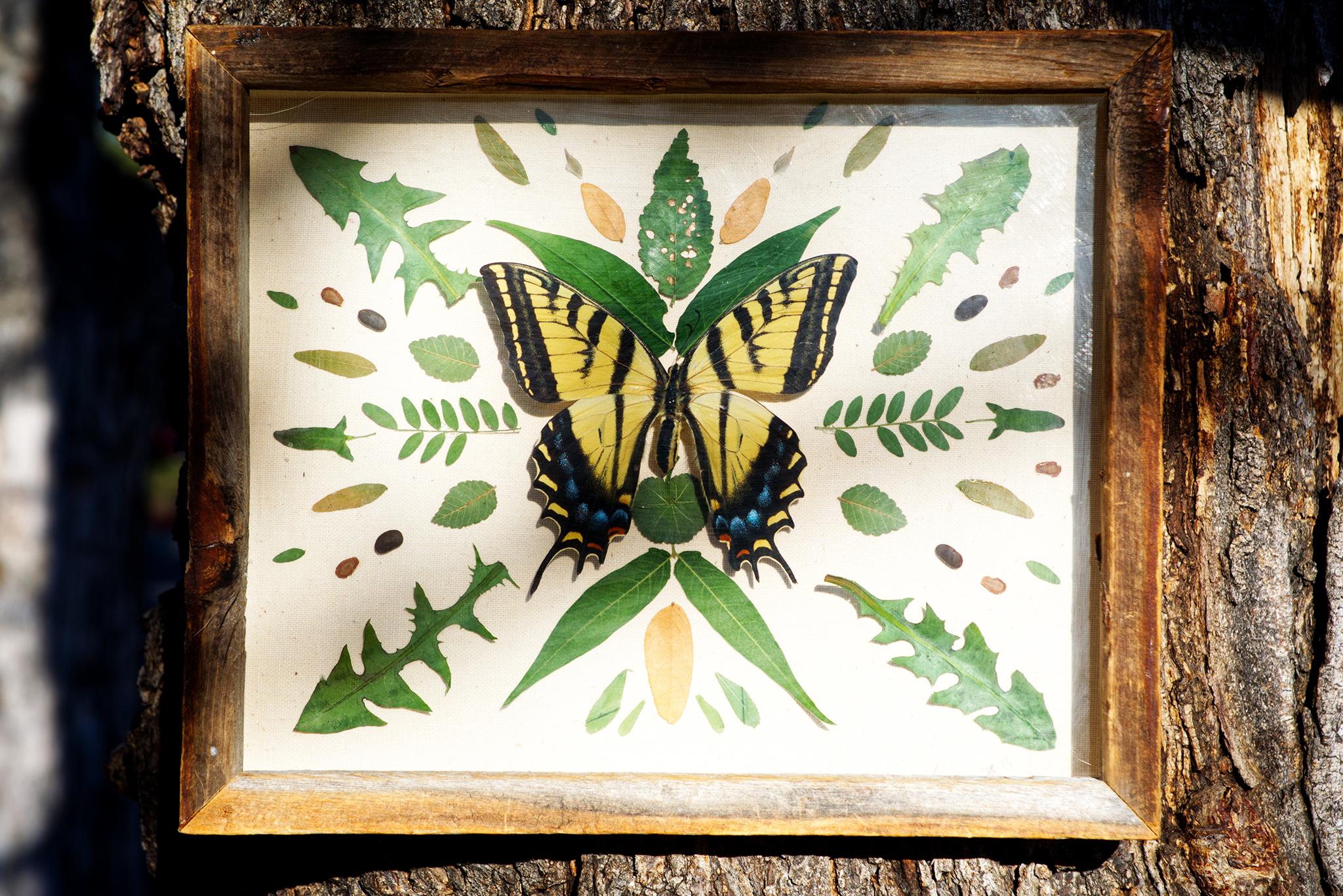
So as far as your future work is concerned, you're optimistic that you'll be able to do that and still come back to Aurora?
I think so. And even if it doesn't, I had to come with the acceptance that maybe that's not going to happen and I have to seek different outlets for what I want to contribute. If it's not going to happen here, it's going to hapen somewhere else. But I would love, I would love to be able to go to the Amazon, go to the Congo, go to the rainforest in Australia, or go to Myanmar, go to Cuba and come back to my little corner, to my local specimens.
